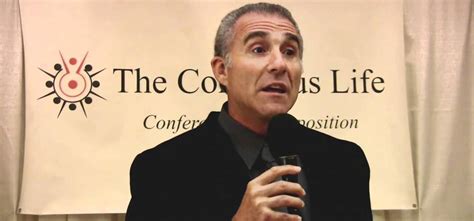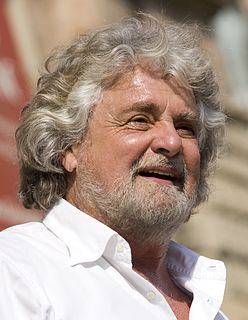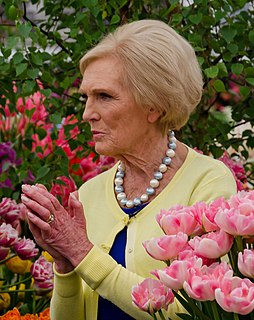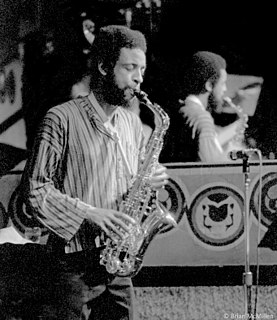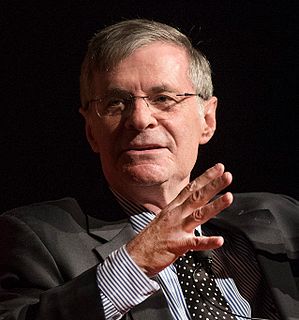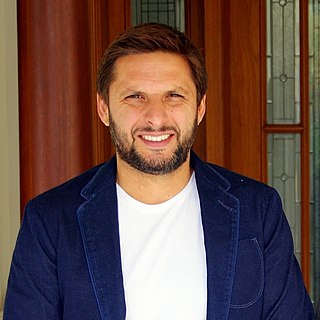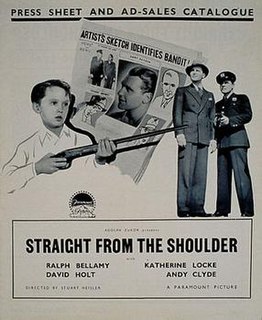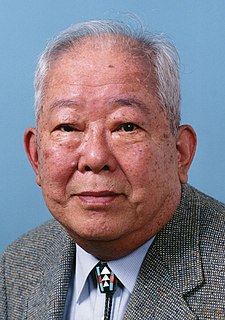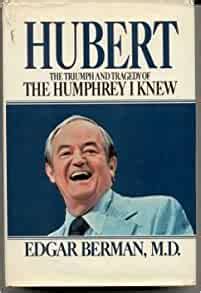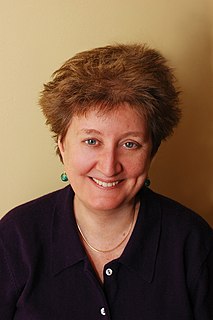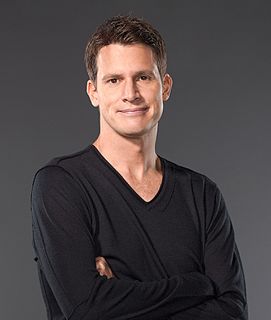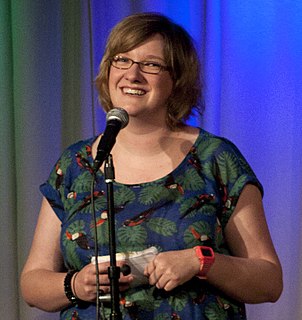Top 111 Polio Quotes & Sayings - Page 2
Explore popular Polio quotes.
Last updated on December 19, 2024.
Even to this day, the government, the FDA is refusing to use the sophisticated biotechnology to evaluate the contaminants in the vaccines such as the polio vaccines that they are administering. I think (people) would be appalled that some of the vaccines that are currently being used are still laced with viruses.
Vaccines have played a fundamental role in eradicating terrible illnesses such as polio, diphtheria, and hepatitis. However, they bring a risk associated with side-effects that are usually temporary and surmountable... but, in very rare cases, can be as severe as getting the same disease you're trying to be immune to.
That is why we have the polio vaccine. People are blazing their own trial. That is what seems to be important. I don't care to follow and to do what the mass is doing. That is not doing anything, to be doing what everyone else is doing. Everybody is unique. The funny thing about people now is that people don't really understand or really appreciate how unique each individual on earth is.
The main problem, certainly, for the people who will not get vaccinated with Thimerosal, which was put into polio vaccine. And the belief was that it may cause autism. And there's been an awful lot done in terms of studies in Western Europe, Canada, the United States, and no correlation was found between Thimerosal and autism from those children who took vaccines. Indeed, when Thimerosal was taken out of many of these vaccines, the autism rate in the United States still rose.
You are suffering from an ailment that affects ladies of romantic imaginations. Symptoms include fainting, weariness, loss of appetite, low spirits. While on one level the crisis can be ascribed to wandering about in freezing rain without the benefit of adequate waterproofing, the deeper cause is more likely to be found in some emotional trauma. However, unlike the heroines of your favorite novels, your constitution has not been weakened by the privations of life in earlier, harsher centuries. No tuberculosis, no childhood polio, no unhygienic living conditions. You'll survive.' " pg. 303
As a health scientist at Columbia University, Les Roberts, pointed out, sooner or later people are going to be looking at a child in a wheelchair suffering from polio and will say 'the Americans did that to him'. So they continue policies which have similar effects i.e. organising the Taliban. This will come back to them too.
My two Jamaican cousins ... were studying engineering. 'That's where the money is,' Mom advised. ... I was to be an engineering major, despite my allergy to science and math. ... Those who preceded me at CCNY include the polio vaccine discoverer, Dr. Jonas Salk ... and eight Nobel Prize winners. ... In class, I stumbled through math, fumbled through physics, and did reasonably well in, and even enjoyed, geology. All I ever looked forward to was ROTC.
Autobiographical comments on his original reason for going to the City College of New York, where he shortly turned to his military career.
Where there is a confluence of interests among nations, as, for example the swine flu or polio, you can get well functioning international institutions like the World Health Organization. And you can act. Climate change is different, because the science remains hypothetical and the potential costs staggering.
My father died when I was 10; my sister got polio a couple of years later and was paralyzed. So there I was - my sister in a wheel chair, my father gone, and my mother a quiet little mouse. You see, it was the '30s in the South, so my mother was not prepared to cope. So I was scared to death. And being that scared, everything afterward became a struggle not to go down the drain. Struggling became a way of life for me.
Do not use intoxicants of any sort. We who should be serving the world should not ruin our health by smoking and drinking. The money we waste on these things can be used for so many useful things. With the money we smoke away, we can buy an artificial leg for one who has lost a leg, pay for an eye operation for someone with a cataract, or buy a wheelchair for a polio victim. Or, if nothing else, we can buy some spiritual books for the local library.
If somebody is working on a new medicine, computer science helps us model those things. We have a whole group here in Seattle called the Institute for Disease Modelling that is a mix of computer science and math-type people, and the progress we're making in polio or plans for malaria or really driven by their deep insights.
Every child is a gift of Allah, and every child in Pakistan, to me, is like my own child, so I will do my best to take the message to every doorstep in Pakistan. Reaching every child, every time with the polio vaccine is not only necessary, but it is our duty. This disease can't deter us; we will defeat it.
So, obviously, autism - which is the key in this - is a very big problem. We need more studies about it. We certainly have to try to figure out what causes it and why and do something about it. But to tab it to vaccines, I think, is a real mistake. Not only is there no evidence, but what it leads to is larger numbers of unvaccinated children. And that's not only a problem for polio. It's a problem for a wide range of vaccine-preventable diseases.
I am no saviour. I’m absolutely the last person on the planet who can practically help. I don’t know how to make the different types of therapeutic feeding milk. I’m no chemist. I’m no doctor. I’m no engineer. I can’t manufacture polio vaccines or organise their transportation to the health centres in Saramoussayah or Bissikirima. I can’t build schools, or design drainage systems. I can’t provide the women and children of Mandiana with water.All I can do now is help make people aware of what is happening, of what they are doing. That is all that I can do. For now.
I think disease and all the things that we treat are tied to national security in a lot of ways that we maybe don't realize or that the American people don't realize. If other countries have a chance to be stable, then that helps us. If there are ways we can prevent if there are ways we can help other countries defeat diseases, we're about to totally eradicate polio. And can you imagine? That would be so terrific.
I think there's no question that vaccines have been absolutely critical in ridding us of the scourge of many diseases - smallpox, polio, etc. So vaccines are an invaluable medication. Like any medication, they also should be - what shall we say? - approved by a regulatory board that people can trust.
My humour is a mix of my parents'. I get the chatty, anecdotal stuff from my dad and the filth from my mam, Valerie. She has a very dark sense of humour, I think from having grown up with disabilities. It's a coping mechanism. She had polio when she was eight and has been in a wheelchair for about 20 years.
Scientists can routinely predict a solar eclipse, to the minute, a millennium in advance. You can go to the witch doctor to lift the spell that causes your pernicious anaemia, or you can take Vitamin B12. If you want to save your child from polio, you can pray or you can inoculate. If you're interested in the sex of your unborn child, you can consult plumb-bob danglers all you want . . . but they'll be right, on average, only one time in two. If you want real accuracy . . . try amniocentesis and sonograms. Try science.

